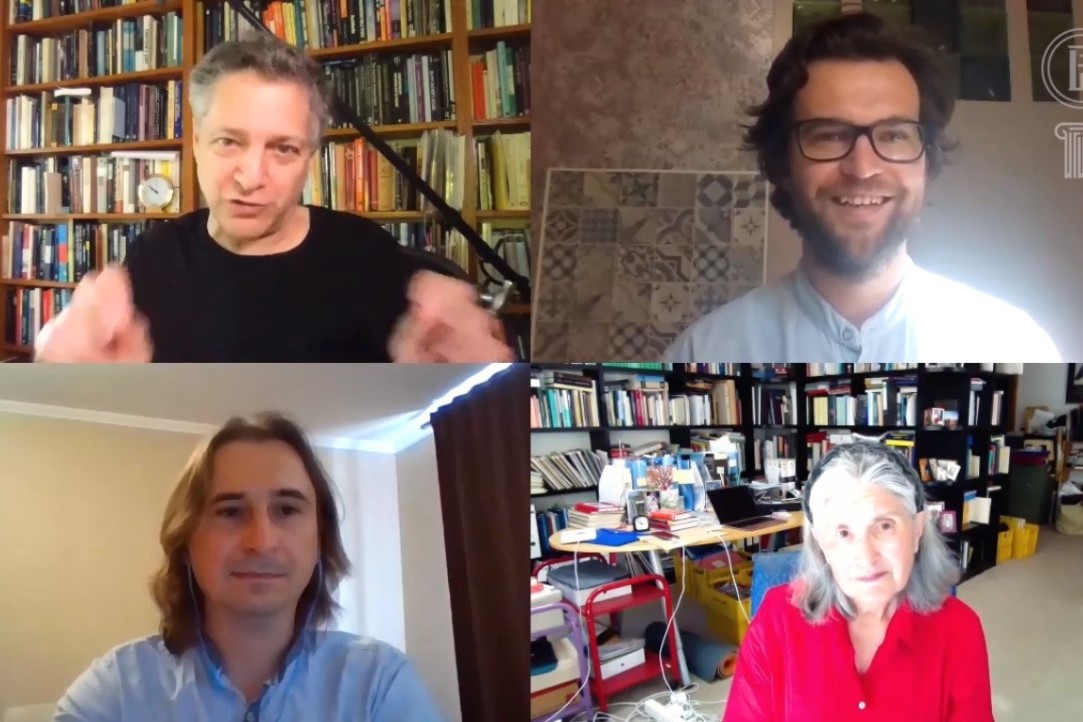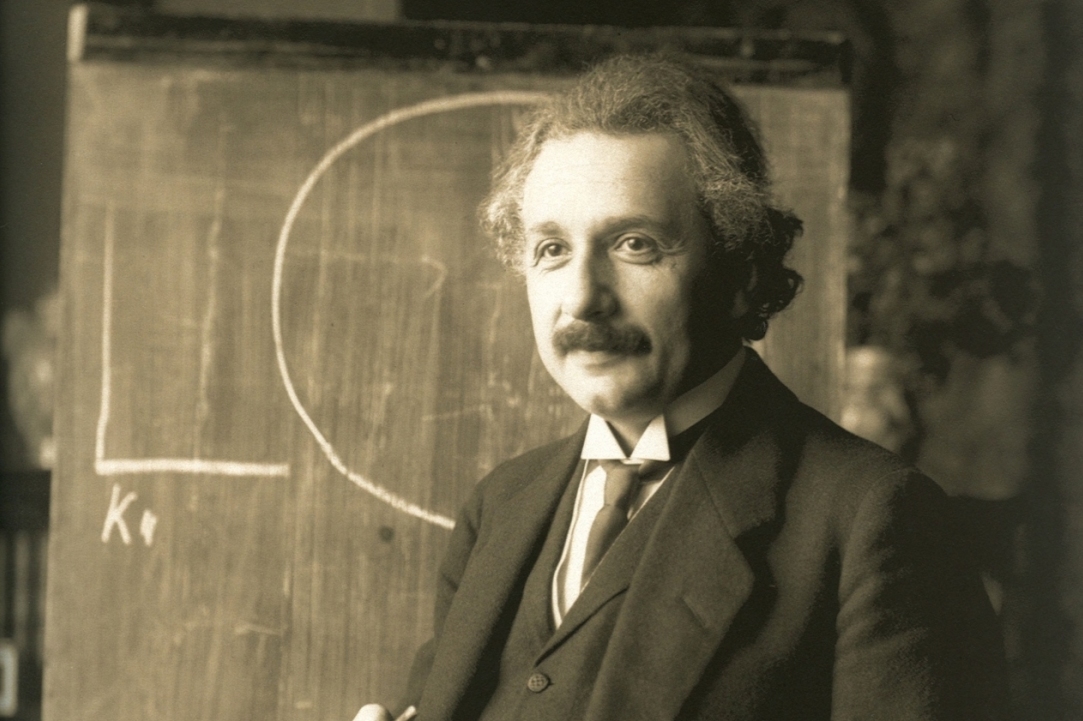Our project aims to create a platform for discussion of theoretical and methodological innovations as well as of new research areas that originated in the 21st century human sciences. The task of the project is to help specialists from various fields create a community and representative forum around these theoretical topics. The planned contribution of the project in the discussion of the perspective fields in the humanities will be supplemented with the development of the reflexive toolkit in order to describe transformations and innovative mechanisms of the contemporary humanitarian knowledge more adequately, taking into account heterogeneous and fragmented character of the present academic research.
The project is developed as:
- 'Big' seminar series 'New Frontiers in the Human Sciences', involving leading researchers of the Faculty of humanities and subsequent free circulation of reports and working materials;
- Poletayev Readings 2020 and 2021 dedicated to 'corridors of theory' and 'theoretical horizons in humanities' respectively;
- 'Small' working seminar;
- Project participants’ own publications and their Russian translations of authoritative texts;
- Materials for the popularization of the project’s topics (in Russian and English)
News

On October 2, 2020, Poletayev Readings 9¾ took place – annual conference of the Poletayev Institute for Humanitarian Historical and Theoretical Studies. We present a report by Elizaveta Lysenko, Alexander Mikhailovsky, and Ksenia Belik, and video recordings of the round table discussions.

What role has objectivity played in the history of science and what role does it play today? How are innovations in science possible? What is the interrelation between research practices, epistemic virtues, and the scientific self? How are epistemic virtues affected by relations of science and the public, the state, the funders, the industry, media, etc.? Alex Pleshkov and Jan Surman discuss these and many other questions with Lorraine Daston and Peter Galison, the authors of "Objectivity," one of the most important books of the 21st century in the field of the history of knowledge. The talk is available as video and as text.

In his new book "Einstein in Bohemia", Michael Gordin, Poletayev Institute for Theoretical and Historical Studies in the Humanities Chief Research Fellow and Princeton University Professor, deals with Albert Einstein, taking Einstein’s brief period as a professor at the German Charles-Ferdinand-University in Prague (April 1911-July 1912) as a point of departure to discuss Prague, Bohemia, Habsburg intellectual life, and of course Einstein and his work before World War I and then traces of Bohemia in his later life. The interview, released by IQ.HSE, discusses this study.
